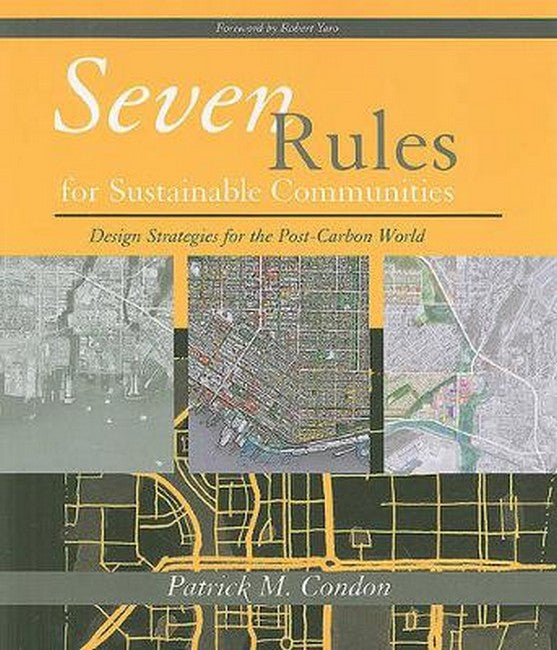Description
Cover
Title Page
Copyright page
Table of Contents
Foreword
Chapter 1: Introduction
How Did Cities Get This Sick?
Separation By Class and Income
The Problem Emerges
Reasons for Hope
Seven Rules for Sustainable Low-Carbon Communities
Chapter 2: Restore the Streetcar City
A Day in the Life
The Streetcar City as a Unifying Principle
Urban Form and the Pattern of Walking and Riding
Forty Percent Still Live There
Continuous Linear Corridors, Not Stand-Alone Nodes
Buses, Streetcars, Light Rail Transit, and Subways
Streetcar as an Urban Investment
Cars, Buses, Streetcar, or Heavy Rail? Case Study of teh Broadway Corridor in Vancouver
What Is the Optimal Transit System?
Chapter 3: Design an Interconnected Street System
Challenges of the Dendritic Street System
Four Types of Interconnected Street Systems
Block Size
Why is the Interconnected System Better?
Parcel Size
Ideal Block and Parcel Size
Road Width
Fire Access
Queuing Streets
The Corner
Lanes and Alleys
Greenhouse Gas and Street Pattern
Chapter 4: Locate Commercial Services, Frequent Transit, and Schools within a Five-minute Walk
Sense of Place in Corridors
Transit, Density, and the Five-Minute Walk
Designing for the Bus or Streetcar
The Walk to School
Chapter 5: Locate Good Jobs Close to Affordable Homes
The Historic Relationship Between Work and Home
Solutions
Metropolitan and Community Scale
Chapter 6: Provide a Diversity of Housing Types
The Influence of Building Type on GHG Production
The Sustainable Single-family Home
Build and Adapt Neighborhoods for all Ages and Incomes
Buildings with a Friendly Face to the Street
Chapter 7: Create a Linked System of Natural Areas and Parks
Fredrick Law Olmsted and Linked Natural Areas and Parks
Ian McHarg and the Greenway Revival
More Recent Progress
Progress on the Ground
Case Study at the Regional Scale: The Damascus Design Workshop
Case Study at the Neighborhood Scale: Sustainable Fairview and the Pringle Creek Community, Salem, Oregon
Chapter 8: Invest in Lighter, Greener, Cheaper, Smarter Infrastructure
Watershed Function
Four Rules for Infiltration
Green Infrastructure for Parcels
Pervious or Impervious
Impervious Paved Infiltration Streets
Conclusion
Acknowledgments
References
Index
"Seven Rules for Sustainable Communities is a compact, informative handbook to one of the most profound and intricate planning challenges of our time... Condon prescribes very specific and useful solutions ... Condon has assembled a concise, cogent plea to search for design strategies for the post-carbon world in our own backyards—as well as our streets, sidewalks, driveways, roods, houses, blocks, parks, waterways, and the planning policies we devise together to govern them"

